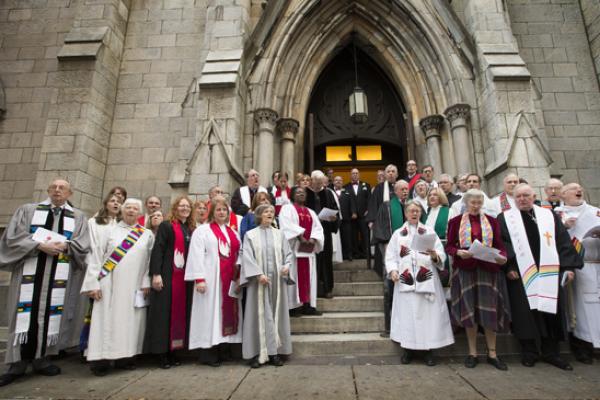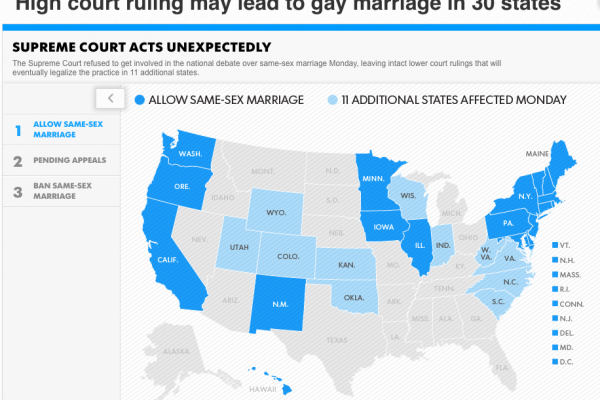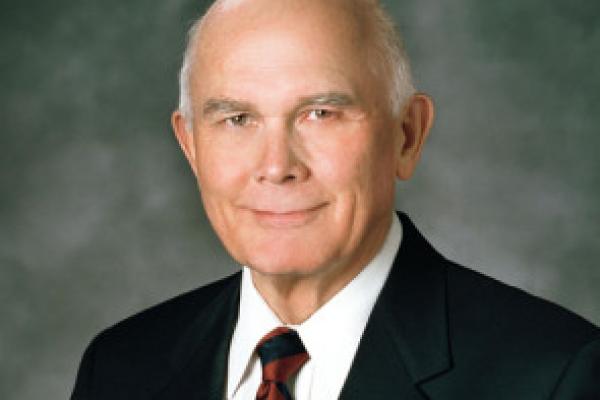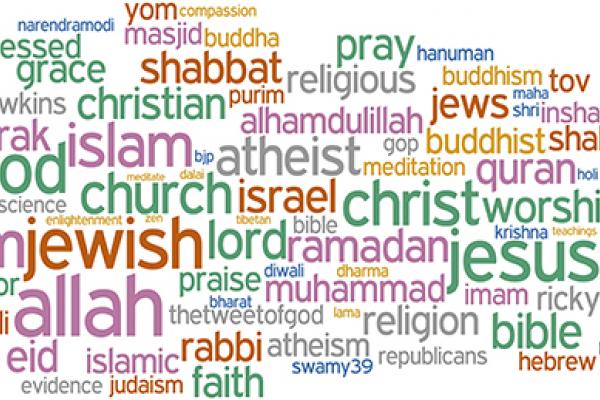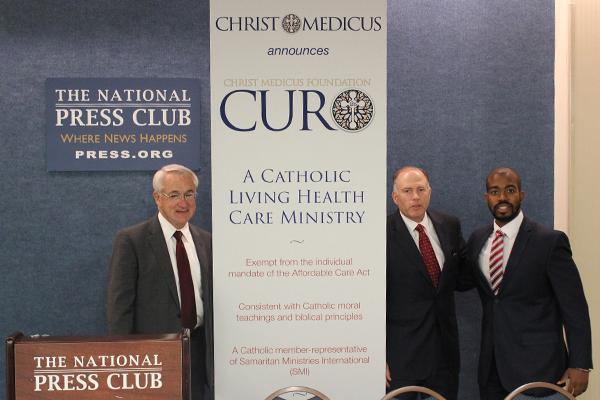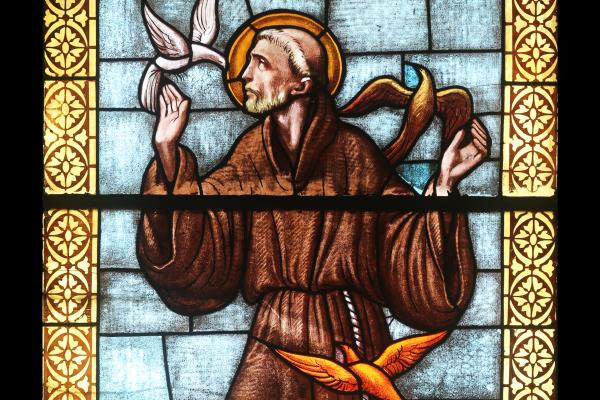As climate change devastates communities in Kenya, church leaders are helping to address the crisis locally while also calling on industrialized nations to own up to their responsibilities for spewing greenhouse gas emissions into the atmosphere.
“But we (in Africa) also have a role to play because we have not been very good stewards of the environment,” added Gichira, a poverty and development expert.“I think they (industrialized nations) are responsible for most of the emissions,” said Peter Solomon Gichira, the climate change program officer at the All Africa Conference of Churches. “They have responsibility to support climate change adaptation and mitigation as a moral obligation.”
People living in the Global South such as Kenya are suffering the worst consequences, climate experts say.
Droughts have become more severe and recurrent and are frequently followed by excessive rains or floods. Temperatures are much higher and weather patterns are now unpredictable.
United Methodists in Pennsylvania have agreed to resolve a complaint filed against three dozen clergy who blessed a gay wedding without taking the case to trial.
A complaint was filed against 36 United Methodist pastors who officiated at a Nov. 9, 2013 wedding for two men at Arch Street United Methodist Church in Philadelphia. On Oct. 3, Philadelphia Area Bishop Peggy Johnson announced that the complaint had been resolved.
The resolution calls for the officiating clergy to acknowledge that they violated rules of the United Methodist Book of Discipline, which includes the denomination’s constitution. In return, the complaint will be withdrawn.
“Though I may sympathize with the pastoral concerns of the respondents, it is unacceptable to disregard and disobey the Book of Discipline,” Johnson said. “I pledge that, in future cases where clergy within my jurisdiction officiate or host a same-gender ceremony, any complaints that I receive will be handled swiftly and with significant and appropriate consequences, which may include a trial, involuntary leave of absence without pay, or other significant consequences, in accordance with the Discipline and in consultation with the Board of Ordained ministry and the clergy session of the annual conference.”
On Monday, the Supreme Court declined to hear several cases where federal appeals courts upheld the Constitutional rights of same-sex couples to marry, causing a seismic, if quiet, shift in several states' debates over same-sex marriage. The decision to not hear cases leaves intact lower appeals rulings that had overturned same-sex marriage bans. For five states and potentially six more, this guarantees the legal right for same-sex couples to marry.
USA Today reports:
The unexpected decision by the justices, announced without further explanation, immediately affects five states in which federal appeals courts had struck down bans against gay marriage: Virginia, Indiana, Wisconsin, Oklahoma and Utah.
It also will bring along six other states located in the judicial circuits overseen by those appellate courts: North Carolina, South Carolina, West Virginia, Colorado, Kansas and Wyoming. Lower court judges in those states must abide by their appeals court rulings.
Read more here.
Two new movies that aim to attract a faith-based crowd join a glut of biblical films for 2014, testing the limits of Hollywood’s appetite for religion.
The two films, “The Good Lie” and “Left Behind,” both opening Oct. 3, reflect two different filmmaking strategies: One is geared for a wider audience that could attract Christians, while the other produces a movie clearly made for the Christian base.
With a number of films targeting a faith audience this year, it’s unclear whether Hollywood is oversaturating the market with faith-based films — a revolutionary idea 10 years after Mel Gibson’s “The Passion of the Christ” shocked the industry by raking in $611.9 million worldwide.
“The Good Lie,” starring Reese Witherspoon helping four young “Lost Boys” from Sudan adjust to life in the U.S., has underlying faith themes. The refugees rely on their faith as they try to leave homeland strife behind, and Witherspoon’s character works closely with a faith-based agency to place refugees with families.
If Mormon opposition to same-sex marriage does not prevail in the United States, Mormons should respond graciously and “practice civility with our adversaries,” a leading church apostle counseled Oct. 4 at the faith’s General Conference.
“We should be persons of goodwill toward all,” said declined to hear appeals from five states, including Utah, in which federal appeals courts had struck down bans against gay marriage. Within hours, clerks across Utah, Virginia, Indiana, Wisconsin and Oklahoma began issuing marriage certificates to gay and lesbian couples.
Oaks, who has been outspoken in defending Mormons’ stance against gay marriage, said those in the 15 million-member Church of Jesus Christ of Latter-day Saints should be exemplars of civility.
“We should love all people, be good listeners, and show concern for their sincere beliefs,” he said during the afternoon session of the 184th Semiannual LDS General Conference, a two-day meeting broadcast across the world via satellite, TV or the Internet. “Though we may disagree, we should not be disagreeable. Our stands and communications on controversial topics should not be contentious.”
Unknown to most, sanctuary is actually one of the most ancient traditions we have as a people of faith. In the late Roman Empire, fugitives found refuge in early Christian churches; in medieval England, churches protected accused wrongdoers; and in the years before the Civil War, people of faith organized the Underground Railroad to help slaves flee the South. In the 1980s, nearly 500 congregations practiced sanctuary in an attempt to shelter the hundreds of Central Americans fleeing brutal violence in Guatemala and El Salvador.
Currently, the Sanctuary Movement allows members of congregations who are facing deportation to reside within the sacred space of a church, synagogue, or mosque in order to avoid immediate deportation from the Immigration and Customs Enforcement (ICE) agency. Although the ICE is not legally banned from entering churches or schools, custom is to avoid such sensitive areas unless a suspected terrorist or dangerous felon is involved.
Today there are currently 5 active sanctuary cases, along with 30 congregations who are offering sanctuary in Arizona, Colorado, Illinois, Washington, Maine, and Oregon. The Sanctuary Movement is important because it breaks down the polarized, politicized, and dehumanized aspects of immigration reform and looks instead to Christ as a model for loving one’s neighbor.
What does a map of the U.S. religious landscape look like in 140 characters?
A new study of Twitter finds that self-identified religious users are more likely to tweet to members of their own faith than to members of a different one. The study examined people whose Twitter profiles identified them as Christian, Jewish, Muslim, Buddhist, Hindu and atheist.
And while adherents of all six groups studied tweet frequently, atheists — among the smallest populations in the U.S. — are the most prolific.
“On average, we can say the atheists have more friends, more followers, and they tweet more,” said Lu Chen, a doctoral candidate at the Kno.e.sis Center at Wright State University who co-authored the study with Adam Okulicz-Kozaryn of Rutgers University-Camden. They will present their findings in November at the sixth annual International Conference on Social Informatics.
If you are a Christian who doesn’t smoke, abstains from sex outside your heterosexual marriage and can get your priest to vouch that you go to church at least three times a month, you may qualify for a new Catholic alternative to health insurance.
Taking a cue from evangelicals, a group of traditionalist Catholics on Oct. 2 unveiled a cost-sharing network that they say honors their values and ensures that they are not even indirectly supporting health care services such as abortion that contradict their beliefs.
Christ Medicus Foundation CURO, as the group is called, will be financially integrated with Samaritan Ministries International, which was launched in 1991 by an evangelical home-schooling dad. The SMI network now serves 125,000 people and is exempt from the Affordable Care Act.
“Think about the Gospels and how the Apostles lived,” said CMF CURO director Louis A. Brown Jr. at the program’s Washington, D.C., debut. “They very much shared and cared for each other. And we’re saying: ‘Catholics, you can do that too.’”
The Supreme Court granted 11 new cases for review Oct. 2, agreeing to rule on controversial topics such as religious freedom, child abuse, immigration, housing discrimination, congressional redistricting and campaign fund-raising by judicial candidates.
While they delayed any decision on same-sex marriage, the justices filled out their docket through January and into February with civil rights cases and others likely to command attention.
Here’s a look at what the justices chose from among some 2,000 cases that accumulated through the summer:
Every year on Oct. 4 a strange thing happens outside of an ecumenical list of churches around the globe. As if each church were reenacting Noah’s Ark, a bevy of animals and their human counterparts congregate just outside the doors for a ceremonial Blessing of the Animals to commemorate the feast day of Francis of Assisi. The sight of horses, dogs, cats, birds, snakes, and pot-bellied pigs jockeying for position could be called disarmingly odd to a first timer or refreshingly quaint to the already initiated. As a follower of St. Francis myself, I would label the spectacle as revolutionary in a small way that continues to subtly permeate Christian culture to this day. Rather than celebrate the quirkiness of the ritual itself, I would like to speak to St. Francis as an icon for justice whose way of organizing and advocacy is not only rooted in Christianity, but may just provide the necessary strategy for handling a major justice issue of our time: Do all God’s creatures have a place in God’s house?
From the day Christ spoke through a cross at San Damiano Church, “Francis, go repair my household, which you see has fallen into ruin,” Francis of Assisi was called to restore God’s household. This call echoes the prophet Isaiah who called young people to restorative justice as “repairers of the breach and restorers of ruined dwellings” (Is 58:12). Scripture tells us that God’s household has many dwelling places (John 14:2): our worship spaces are contained in houses (Rom 16:5), our bodies are temples of God (1 Cor 6:19), even the Earth itself is a house within God’s household (2 Cor 5:1). The revolutionary thing that Francis appreciated about God’s household was the significance of the incarnation: Everything came to be through the Word of God (John 1:10) and the Word itself became Jesus Christ. By virtue of Creation, everything is related to Christ and a mirror to God.

